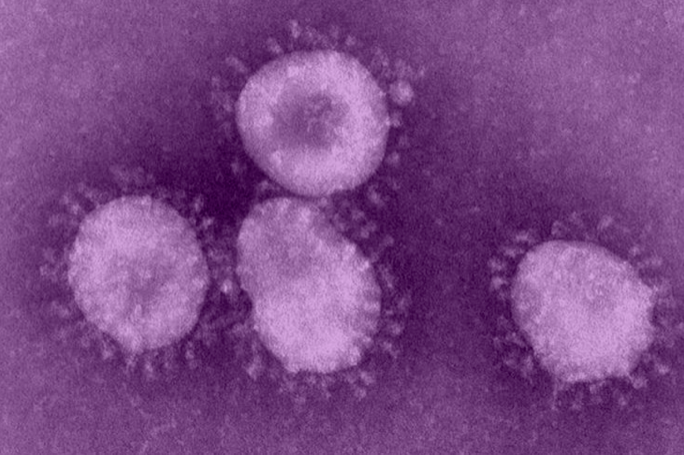
March 10, 2020
 CDC/DR. FRED MURPHY/VIA WIKIMEDIA
CDC/DR. FRED MURPHY/VIA WIKIMEDIA
New Jersey reported its first death caused by coronavirus on Tuesday, March 10, 2020. The state has recorded 15 COVID-19 cases, including three in South Jersey.
The first death attributed coronavirus in New Jersey was a male in his 60s from Bergen County, state officials announced Tuesday.
“We are sad to report the first death in a case of COVID-19 in New Jersey,” Gov. Phil Murphy and Lt. Gov. Sheila Oliver said in a joint statement. “Our prayers are with the family during this difficult time. We remain vigilant to doing all we can — across all levels of government — to protect the people of New Jersey.”
As of late Tuesday evening, New Jersey had 15 presumed coronavirus cases, including three in South Jersey, according to the state Department of Health. Cases are considered presumptive until the U.S. Centers for Disease Control confirms the results.
I urge all New Jerseyans to stay informed and don’t let fear overtake the facts. We’re constantly monitoring the #COVID19 situation and we will continue to provide updates as we get them.
— Governor Phil Murphy (@GovMurphy) March 10, 2020
New Jersey currently has 20 tests in progress and another 31 people under investigation, according to the health department. Another 44 residents have tested negative for coronavirus.
More than 118,000 people worldwide have tested positive for the coronavirus, including more than 4,200 deaths, according to The New York Times. The majority of cases and deaths have occurred in China, but the virus has spread to more than 100 countries.
Italy, Iran, South Korea and Japan particularly have been hit hard by coronavirus. There are more than 950 coronavirus cases in the U.S., including 29 deaths.
We have been in front of #COVID19 throughout weeks of preparation, and we will stay ahead of this. We will deploy every available resource, across all levels of government, to help in our response. We will get through this together.
— Lt. Governor Sheila Oliver (@LtGovOliver) March 10, 2020
Coronavirus symptoms include fever, cough and shortness of breath. Most cases are mild, but a serious illness occurs in about 16% of cases, according to initial data from China. The incubation period is believed to be 2-14 days.
Older people and those with underlying health conditions, including heart disease, lung disease and diabetes, appear to be at greater risk for developing a serious illness, according to the CDC.
There is no known treatment for COVID-19 and a vaccine is expected to take at least a year to develop.
Health experts stress that the best way to prevent illness is to practice good hand hygiene, avoid close contact with sick individuals and frequently disinfect common surfaces and objects.
Follow Pat & PhillyVoice on Twitter: @Pat_Ralph | @thePhillyVoice
Like us on Facebook: PhillyVoice
Add Pat's RSS feed to your feed reader
Have a news tip? Let us know.